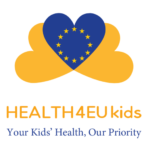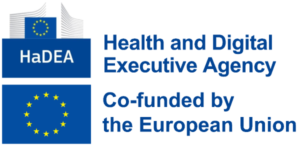Health4EUkids WP4: Transferability and Sustainability meeting in Lisbon (Portugal)
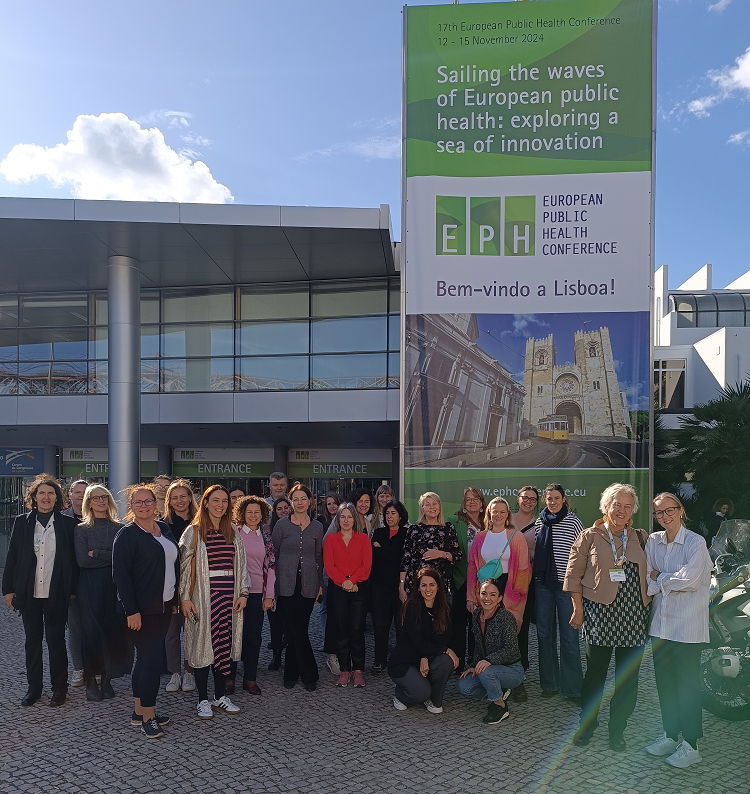
[Lisbon, Portugal], [12th November 2024]
The Health4EUkids project participated in the workshop “Transferability and Sustainability of Best Practices in Health Promotion and Childhood Obesity Prevention Across Europe: Sharing Experiences from Different EU Joint Actions,” organized by the Istituto Superiore di Sanità as part of the WP4 meeting held during the 17th European Public Health Conference.
The Work Package 4 (WP4) on transferability and sustainability provides an added value by developing guidance on how existing EU policies and tools can support Member States (MSs) in health promotion and tackling childhood obesity. This WP focuses on governance and systems, particularly Health and Equity in All Policies at local, regional, national, and EU levels, considering broader societal impacts.
The primary goal of this WP is to align the efforts of all WPs with the principles of integration and sustainability, strengthening national initiatives to tackle childhood obesity by developing effective policies as part of a broader strategy for EU and MSs action.
At the EPH pre-conference the objectives of WP4 were:
- 1) Present a review of relevant results from previous JAs and European initiatives, focusing on knowledge, lessons learned, tools, and recommendations for children’s health promotion and responsive parenthood, with an emphasis on transferability, scalability, and sustainability of best practices.
- 2) Describe the current state of policies and programs related to children’s health promotion and responsive parenthood within the political agendas of EU JA Member States.
- 3) Discuss how the country analysis provided by these works can inform the transferability and sustainability of best practice implementations.
- 4) Share experiences from different EU Joint Action on engaging EU-level and national decision-makers to integrate results and recommendations into national and European policy initiatives.
During the WP4 meeting Miguel Telo de Arriaga (Ministério da Saúde – Republica Portuguesa – DGS Portugal) and Apostolos Vantarakis (UPAT, Greece) Coordinator of Health4EUkids Project welcomed the participants.
The subsequent workshop was guided by Apostolos Vantarakis, Angela Giusti, and Chiara Cattaneo (WP4 Coordinators from the Istituto Superiore di Sanità – ISS) on behalf of the Health4EUkids Project, alongside Giovanni Capelli (ISS). The presentations and discussions centered on the key themes of transferability and sustainability of the interventions.
Embedding a robust context analysis at the outset of any initiative is crucial. Comprehensive assessments of local socio-economic, cultural, and political conditions enable programs to be tailored to the unique needs and challenges of each setting. This ensures that interventions remain relevant and adaptable to diverse environments.
Fostering stakeholder engagement is essential for long-term success. Policymakers, professionals, community leaders, and local residents should be actively involved at every stage of the initiative. This inclusive approach helps align objectives, build trust, and strengthen commitment, ultimately enhancing program acceptance and sustainability.
Securing financial and human resources through well-designed strategies is also vital. Developing Sustainability Action Plans that outline pathways for funding continuity after the project ends and aligning initiatives with national or EU-level frameworks can unlock broader funding opportunities.
Capacity building is indispensable. Training local professionals in a multisectoral, and multiprofessional approach, and empowering communities with the skills and knowledge needed to implement and adapt interventions ensures programs can maintain momentum and evolve effectively beyond the initial funding period.
Leveraging existing networks amplifies impact while minimizing redundancy. Integrating new initiatives into established community structures, policy frameworks, and regional programs fosters synergies that strengthen implementation and expand reach.
Finally, enhancing monitoring and evaluation practices is critical. Implementing robust frameworks to assess the effectiveness, scalability, and adaptability of interventions allows for continuous improvement and provides evidence to support their sustainability and transferability.
Key recommendations emerging from the workshop highlight strategies to enhance the transferability and sustainability of public health initiatives. These recommendations provide valuable guidance for the effective development and implementation of such programs.
#HaDEA
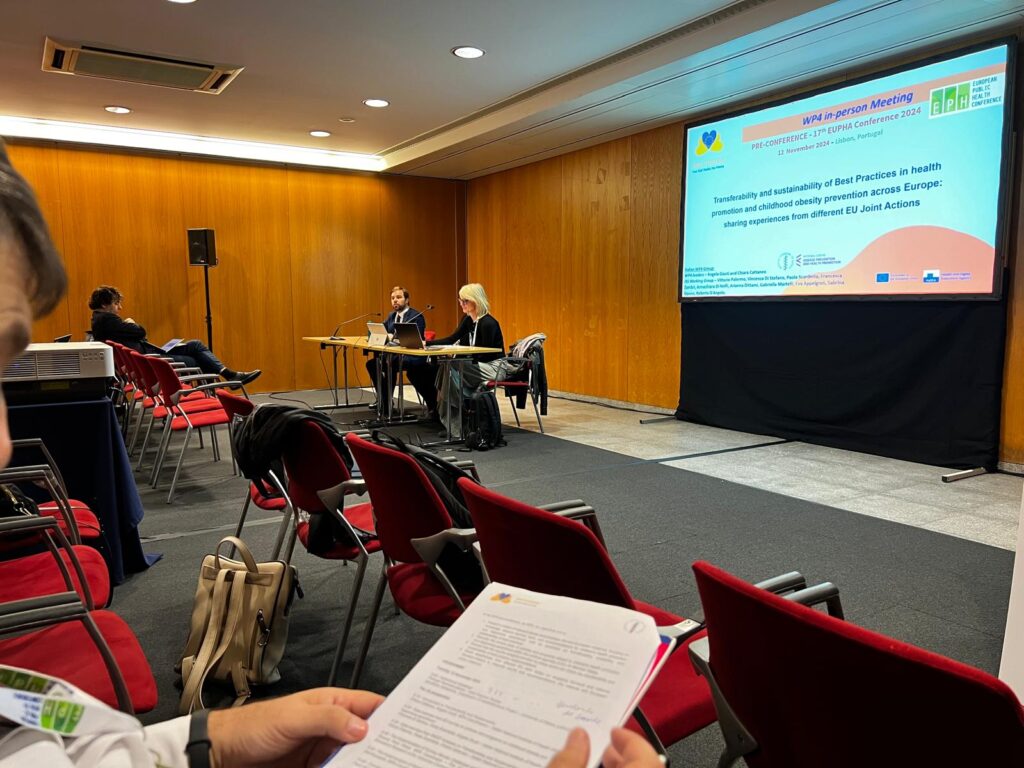
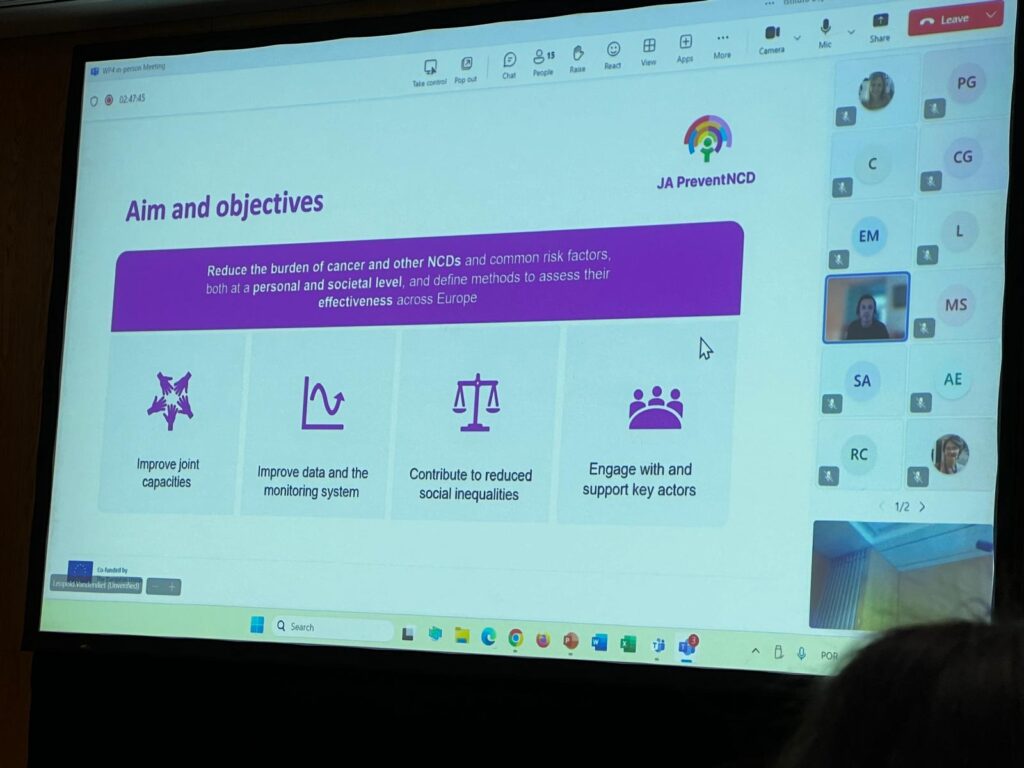
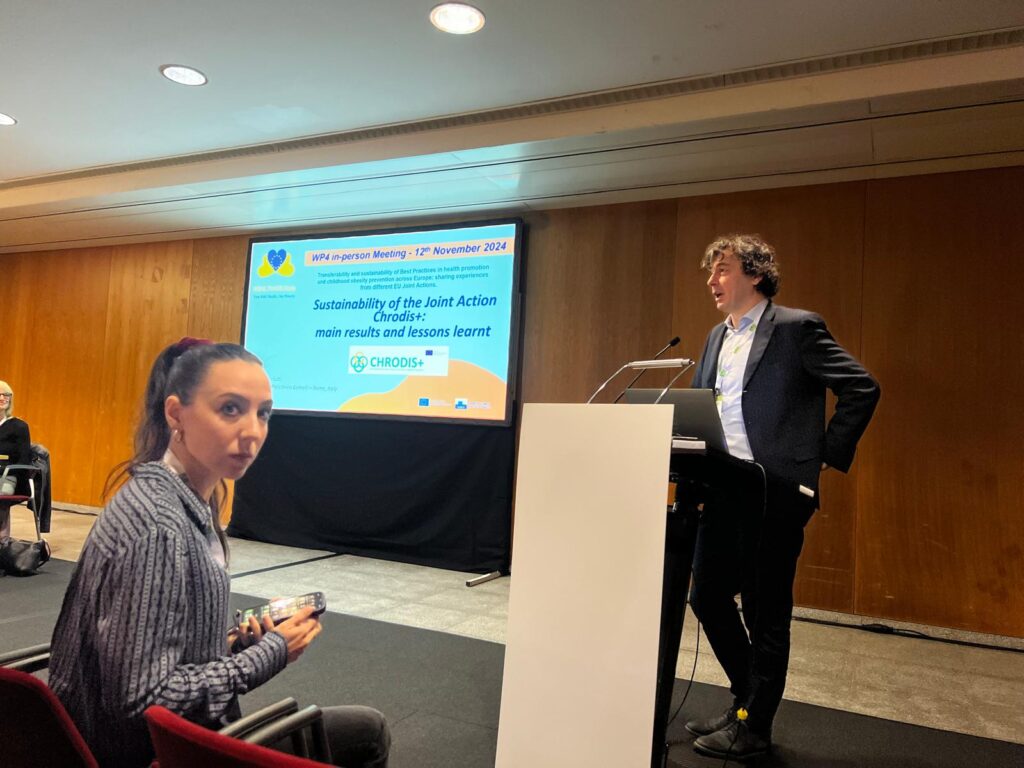
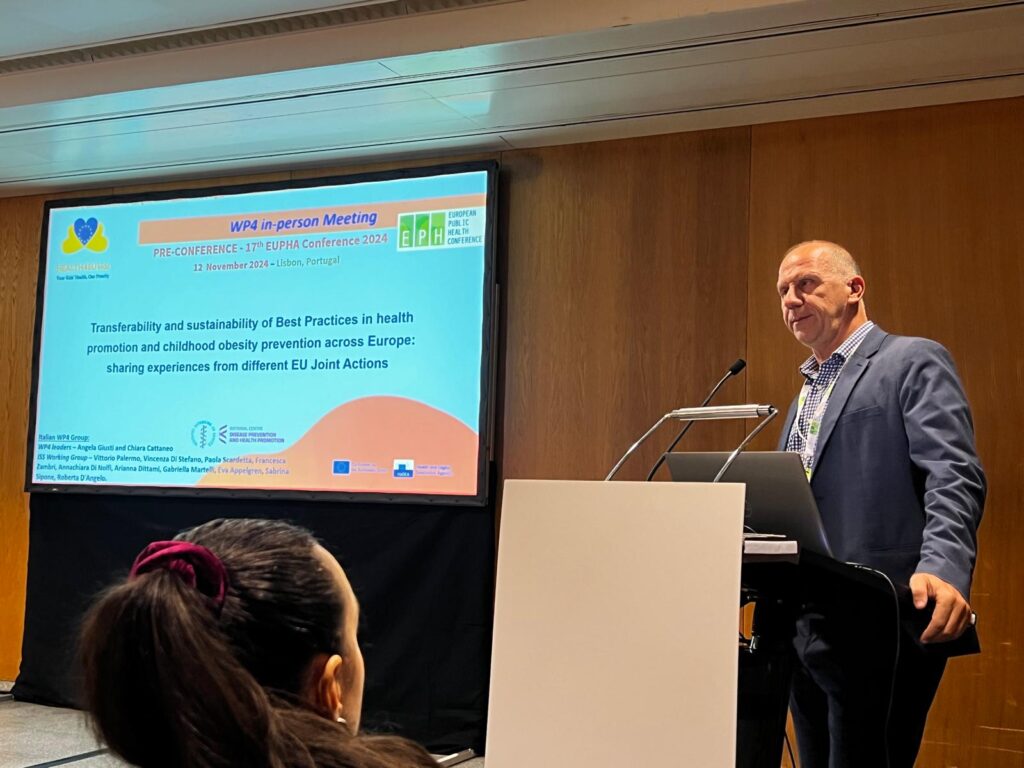
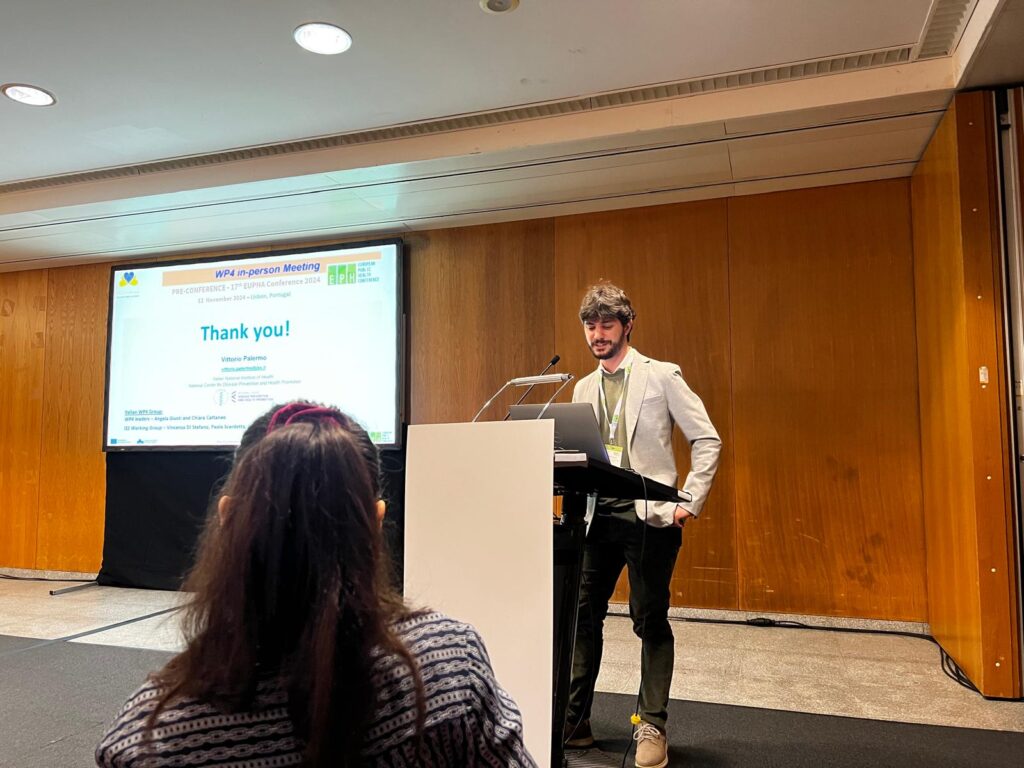
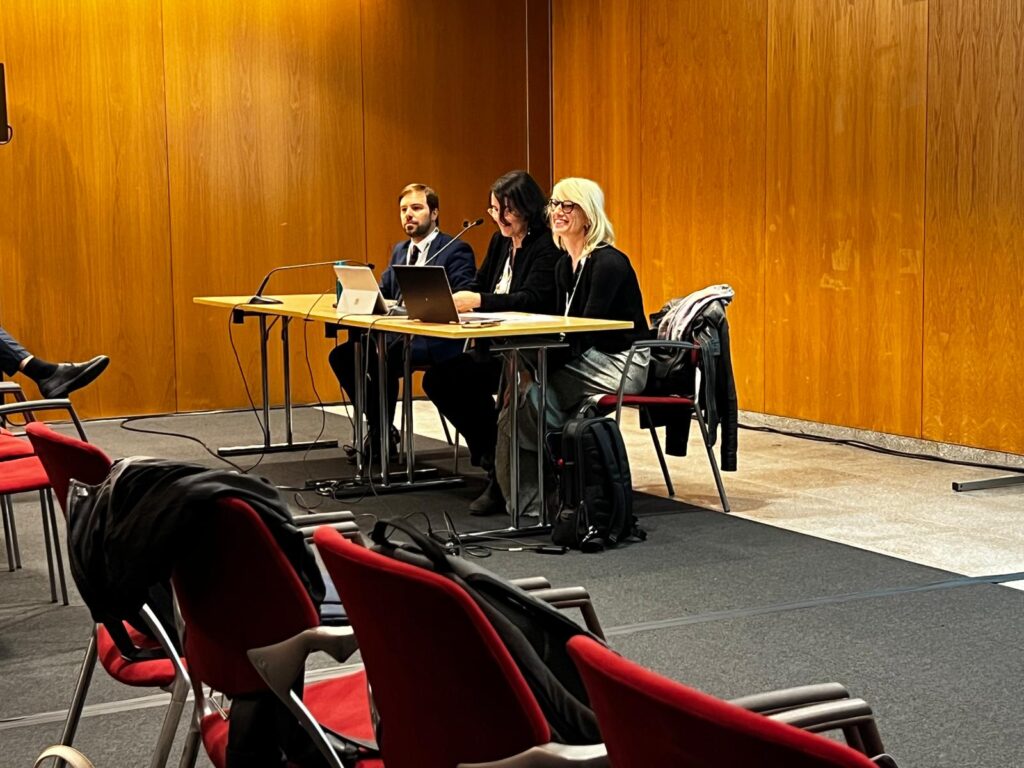
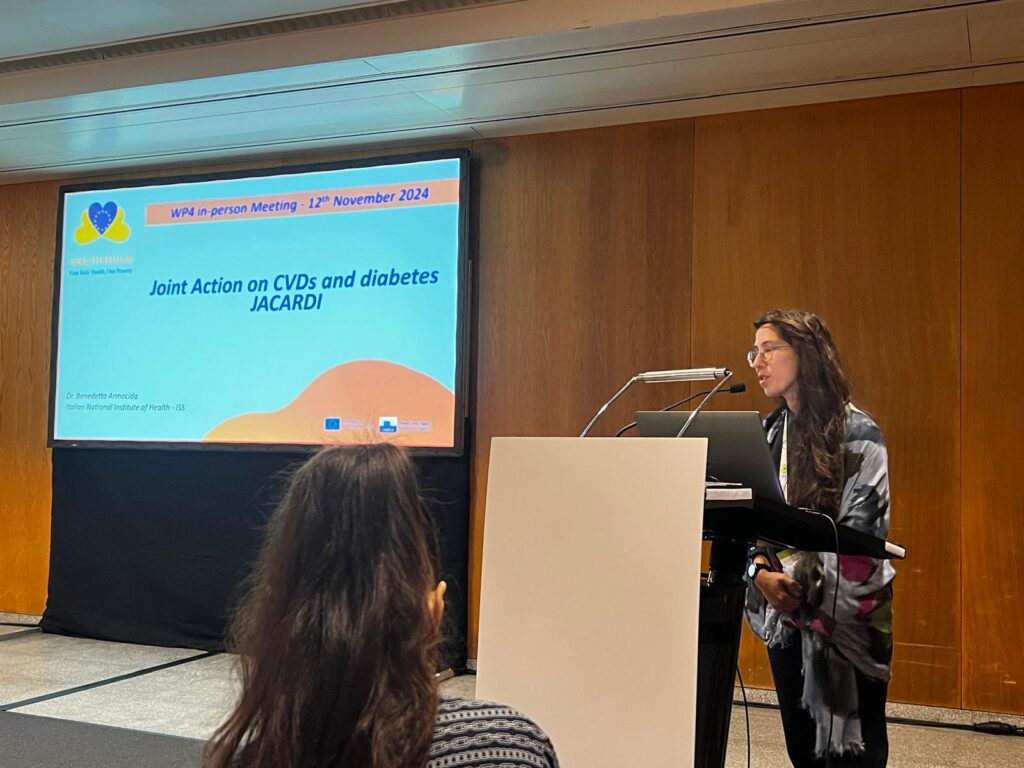
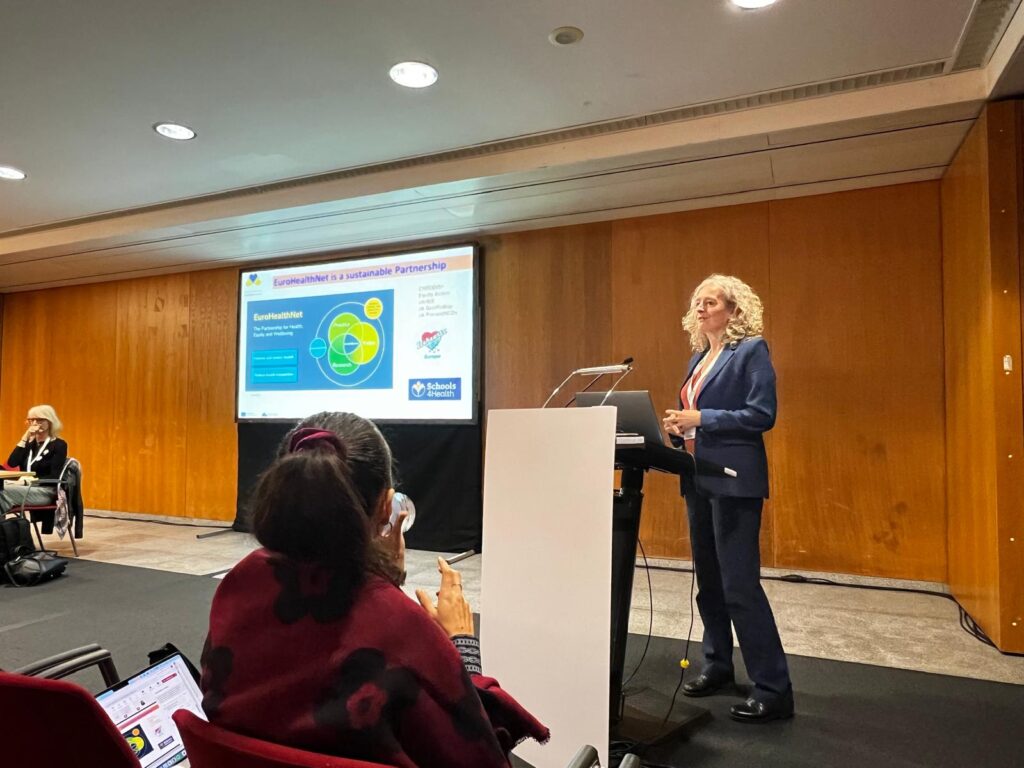
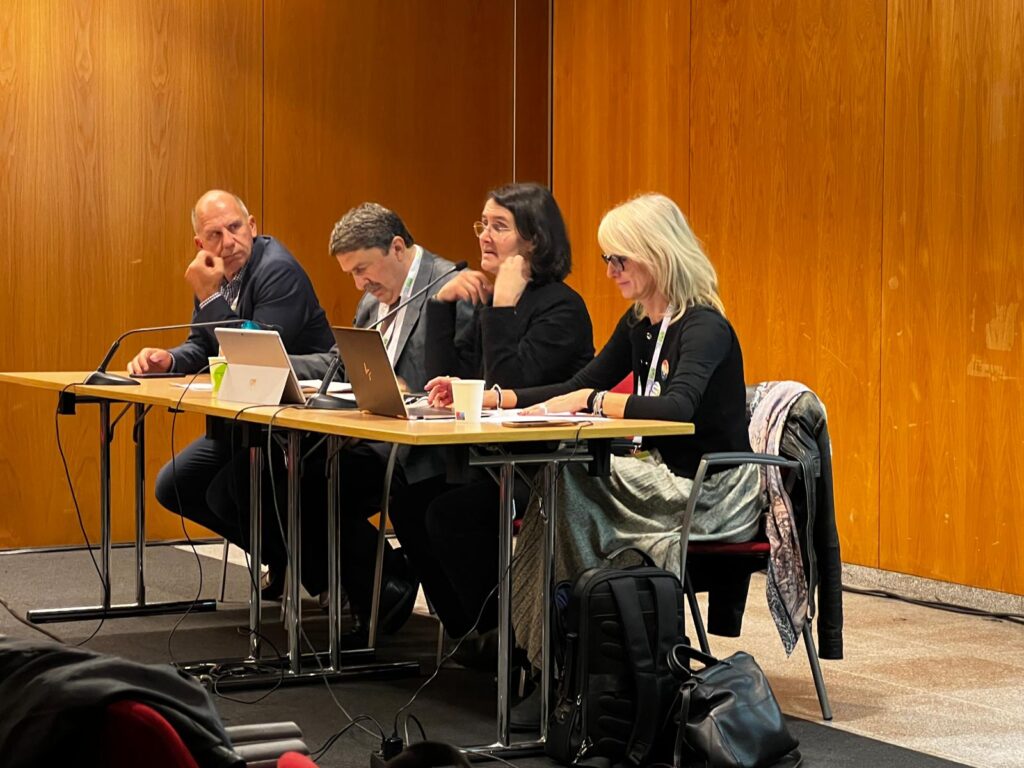
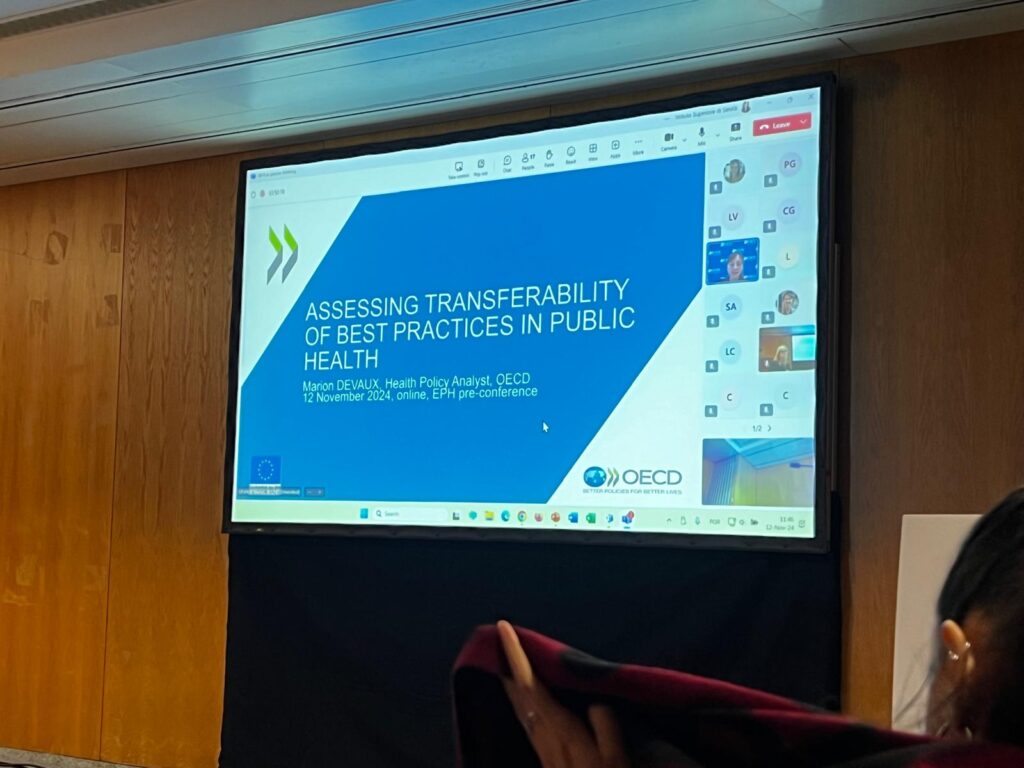
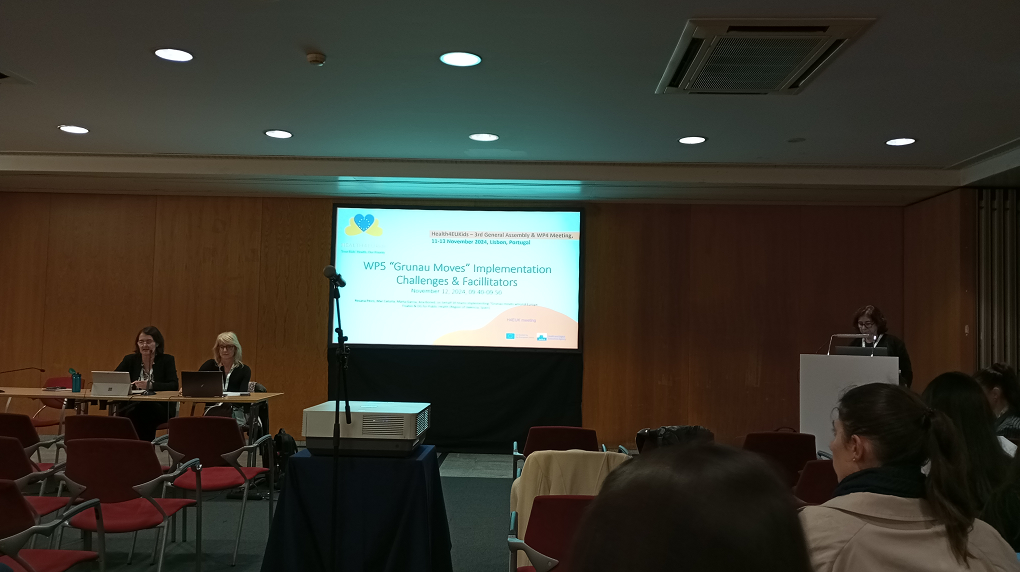
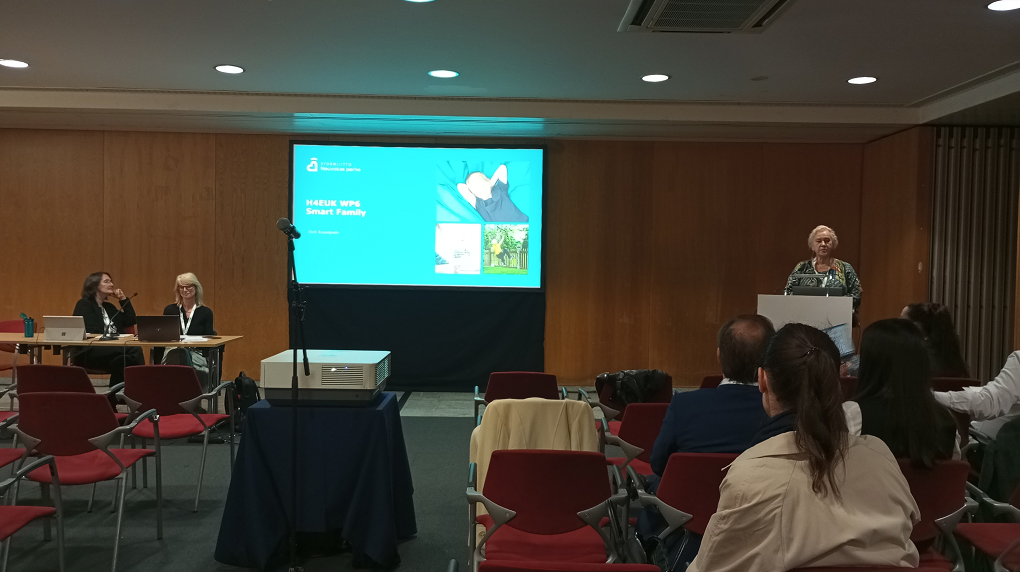
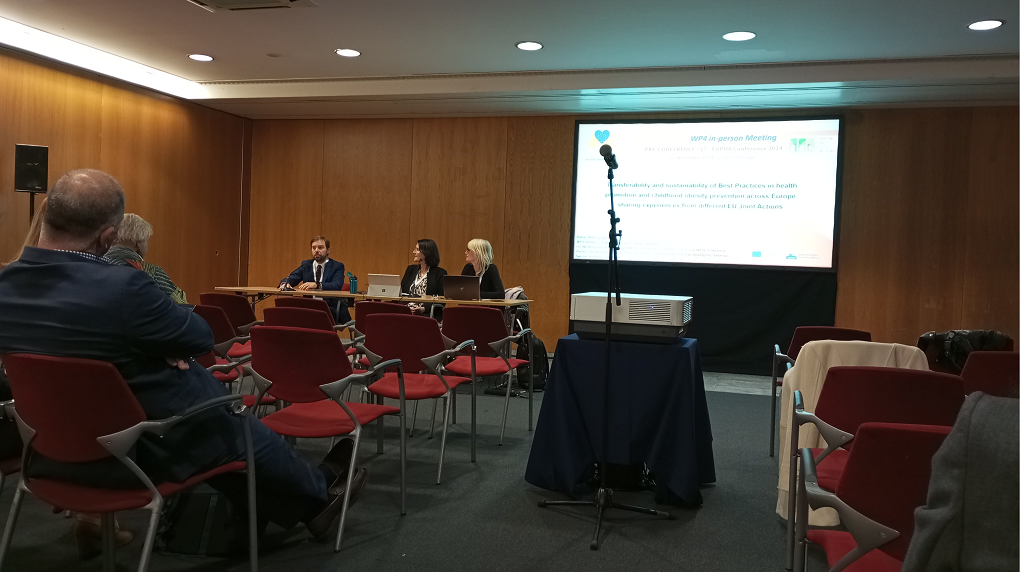
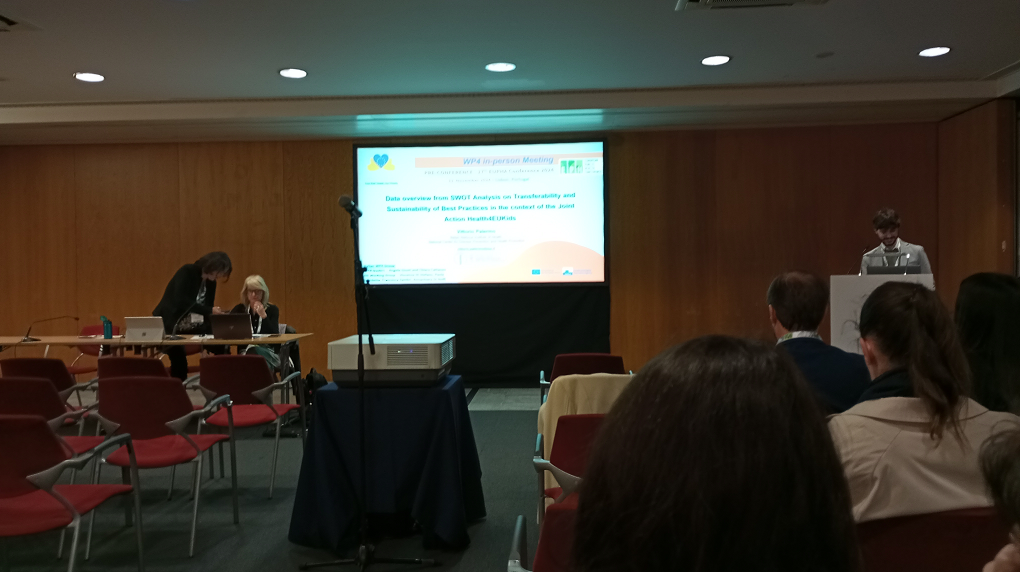
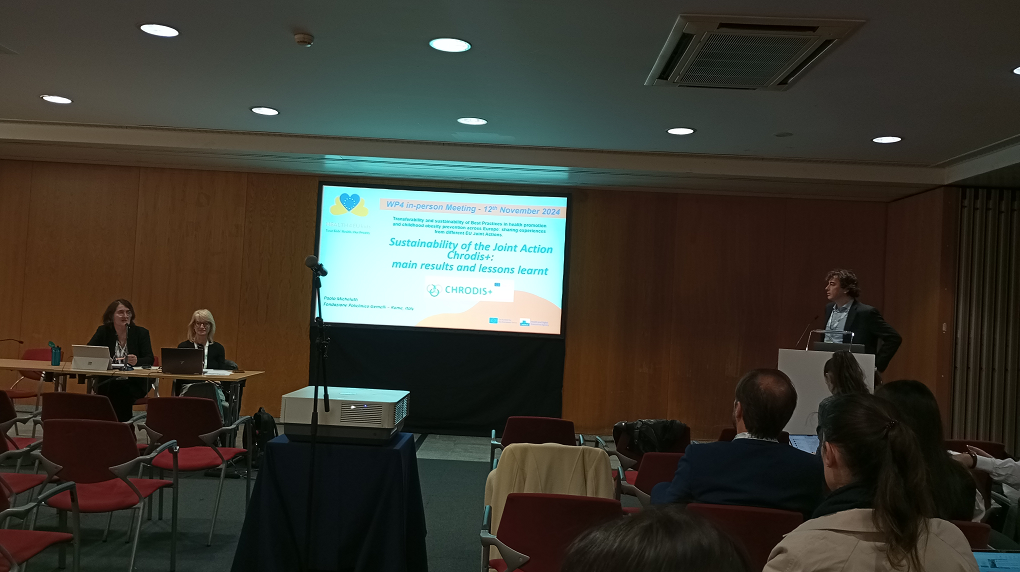
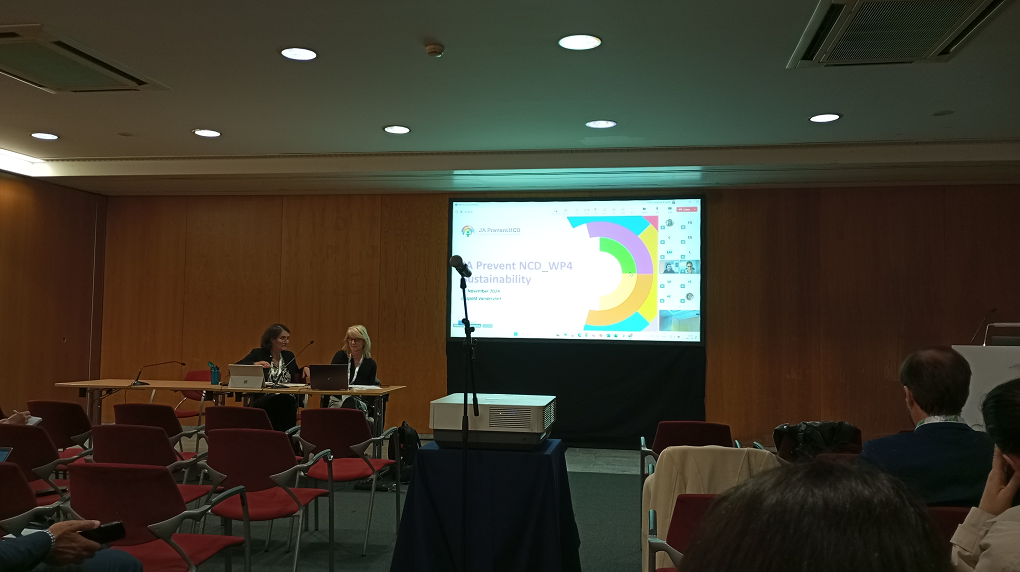
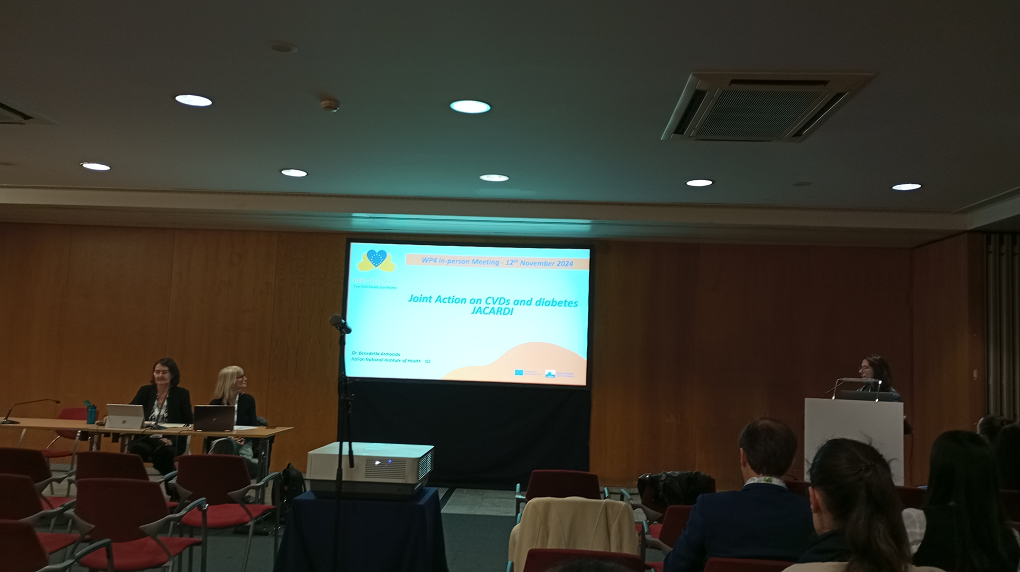
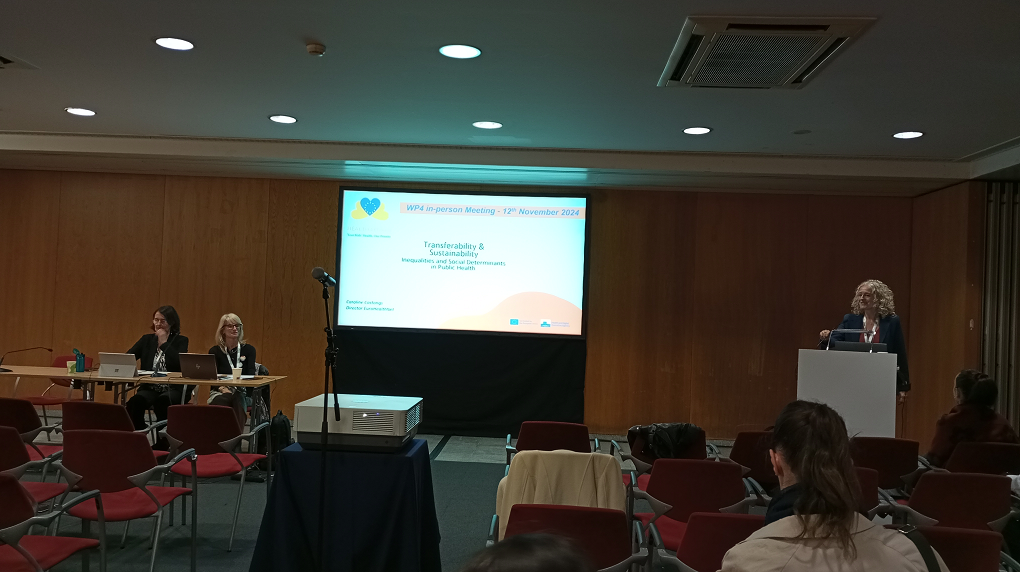
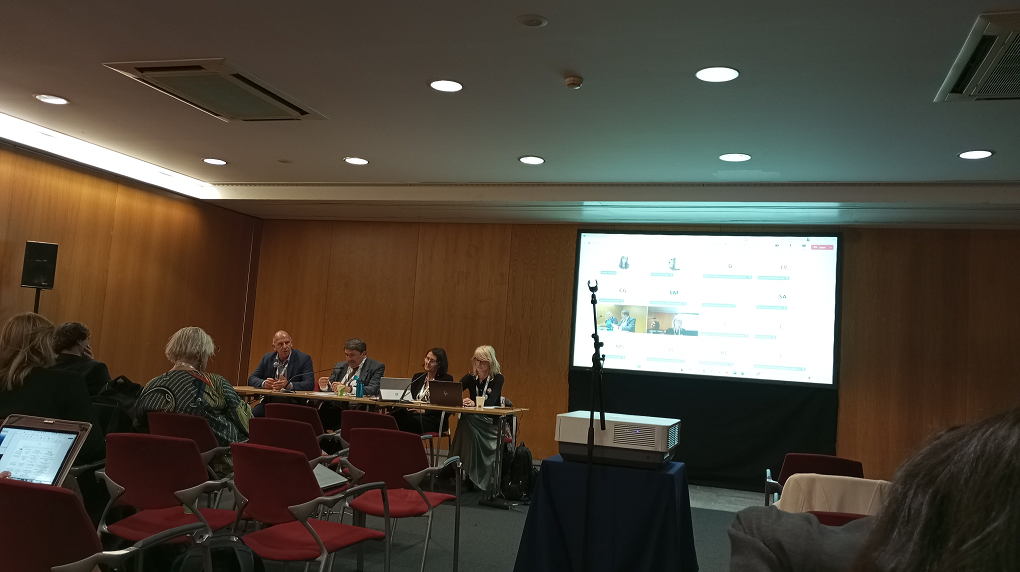
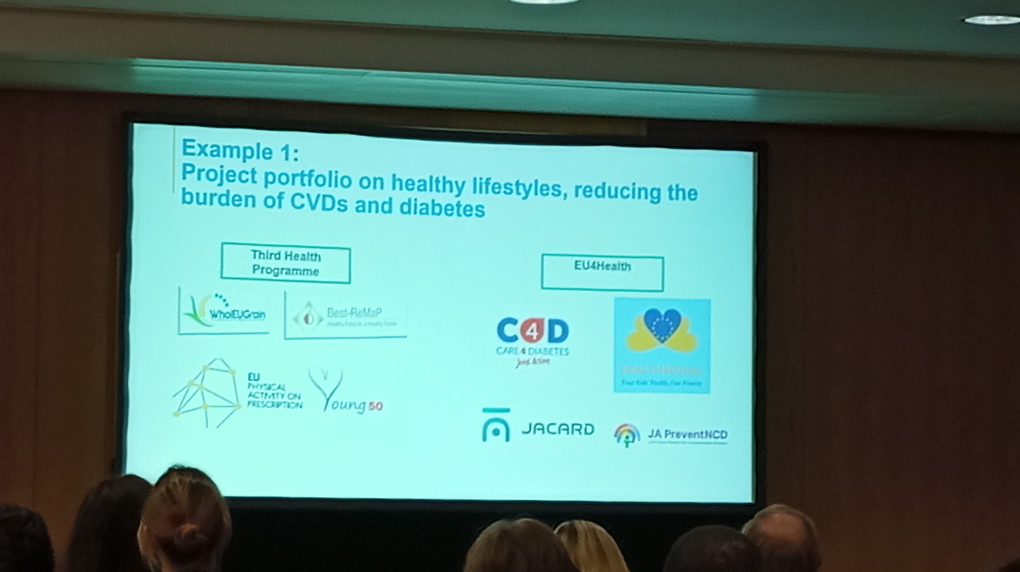
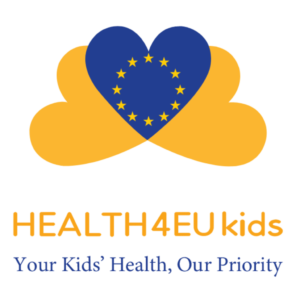 The “HEALTH4EUkids” Joint Action aims to implement health promotion and prevention strategies for child obesity across European countries. It seeks to share best practices and research findings, particularly focusing on the initiatives Grunau Moves from Germany and Smart Family from Finland. The project involves knowledge transfer, cooperation between member states, policy development, and the promotion of healthy lifestyles in families and communities. Its goal is to prevent childhood obesity, increase physical activity and healthy diet, and ensure the sustainability and transferability of successful practices to other member states.
The “HEALTH4EUkids” Joint Action aims to implement health promotion and prevention strategies for child obesity across European countries. It seeks to share best practices and research findings, particularly focusing on the initiatives Grunau Moves from Germany and Smart Family from Finland. The project involves knowledge transfer, cooperation between member states, policy development, and the promotion of healthy lifestyles in families and communities. Its goal is to prevent childhood obesity, increase physical activity and healthy diet, and ensure the sustainability and transferability of successful practices to other member states.
This project has received funding from the European Union’s EU4HEALTH Programme under the Grant Agreement no 101082462
